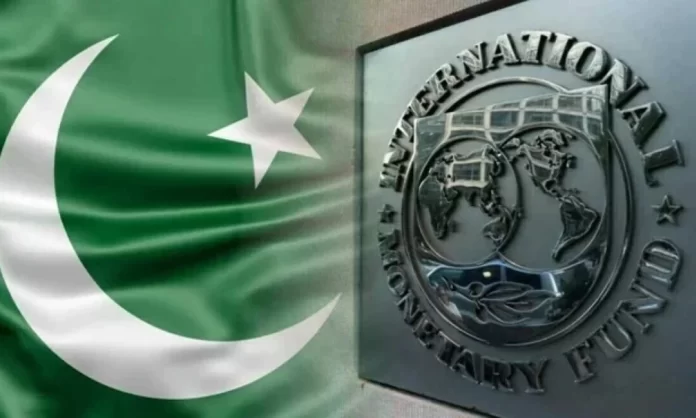The International Monetary Fund (IMF) has initiated its second Corruption and Governance Diagnostic Mission to Pakistan, aimed at addressing corruption, improving governance, and tackling money laundering, according to a news report.
This mission, which began its engagements on Thursday, will continue until April 14 and involves in-depth meetings with more than 30 government departments and institutions, including the Supreme Court of Pakistan’s registrar and the accountability court.
This mission marks the second such visit by the IMF in just a few months, following up on their February visit.
The IMF’s objective is to finalise a report with recommendations to enhance Pakistan’s governance structure, focusing particularly on corruption and money laundering issues.
In addition to meetings with officials from the State Bank of Pakistan (SBP) in Karachi, the IMF will also engage with key legal bodies, including the Ministry of Law and Justice, to discuss judicial efficiency and accountability of judges.
A significant portion of the mission’s focus includes price control mechanisms in the sugar industry and the construction sector. The IMF will meet with the Pakistan Sugar Mills Association (PSMA) to discuss ongoing investigations into price manipulation, a matter that has seen the Competition Commission of Pakistan (CCP) impose fines on the association.
The report added that the IMF is also expected to get updates on the judicial handling of these cases.
The IMF mission will also delve into broader financial matters such as the Pakistan Sovereign Wealth Act, treasury single accounts, debt management, and budget execution, indicating a comprehensive approach to addressing Pakistan’s financial governance.
Additionally, the IMF will discuss financial sector oversight, including anti-money laundering efforts, with the central bank, the FIA, and the National Accountability Bureau (NAB). Key topics include procurement-related corruption, financial regulator integrity, and efforts to strengthen legal protections for financial institutions.
The IMF’s engagements with anti-corruption authorities in Punjab, Sindh, and Khyber Pakhtunkhwa are expected to further support the country’s fight against corruption.
The mission will also examine the Right to Access to Information, an area where there is room for improvement, according to the IMF’s objectives.
A final report on the findings and recommendations is expected to be published by the government in late July or August.
Earlier, it was reported by the local media that the IMF team will engage with Pakistani authorities to assist in the preparation of the federal budget for the fiscal year 2025–26.




